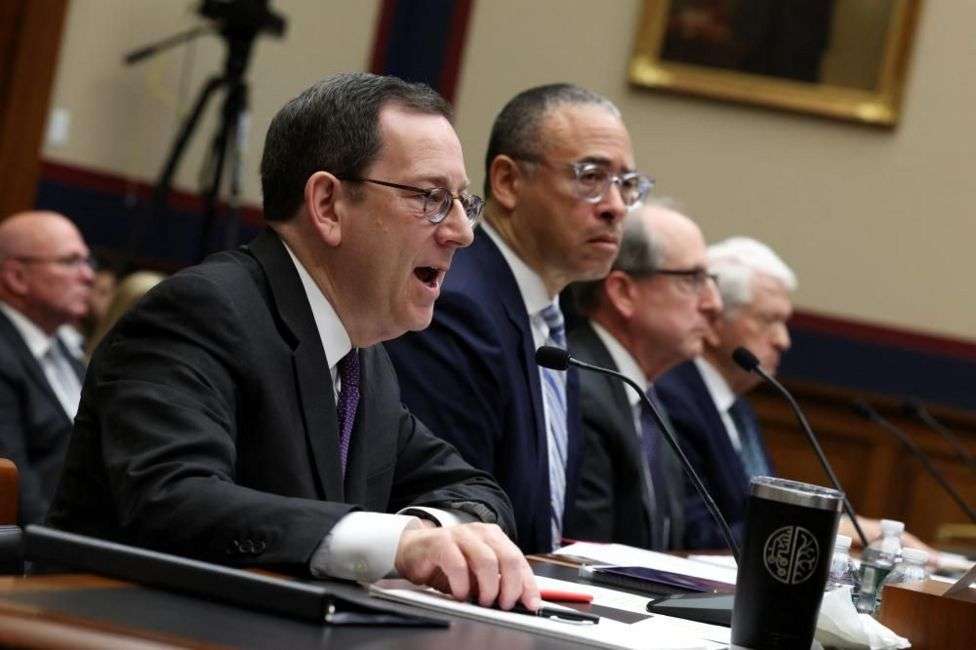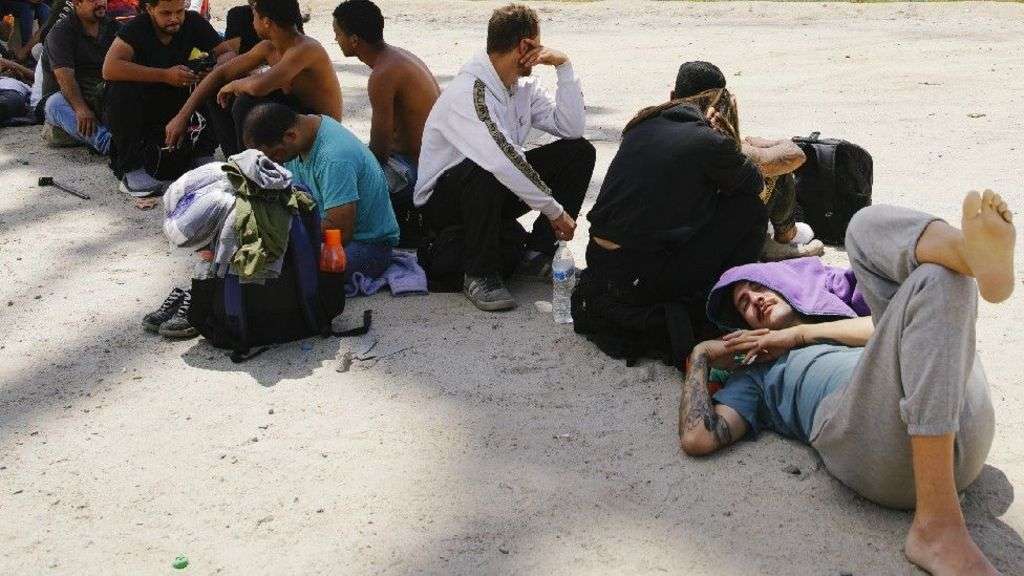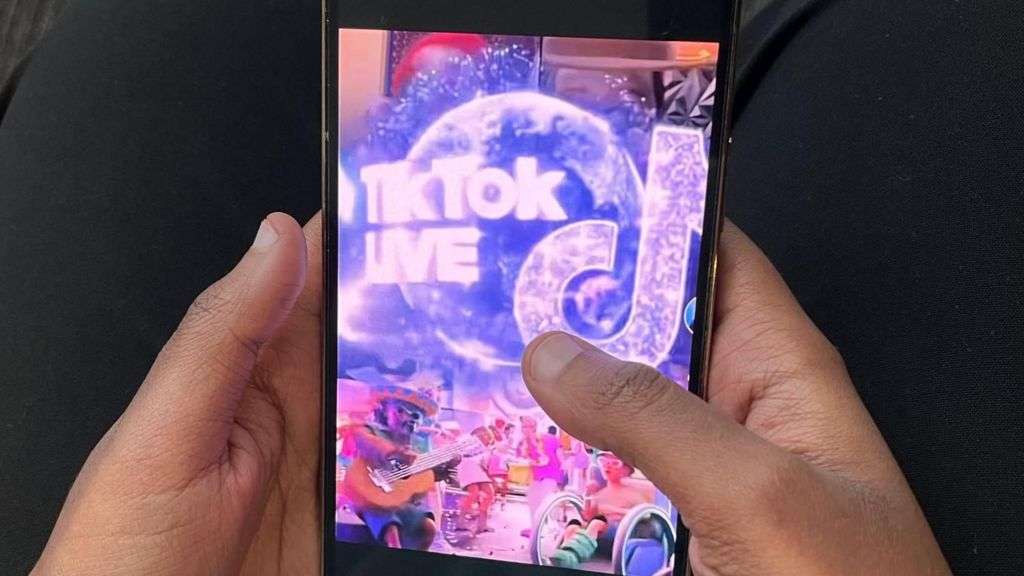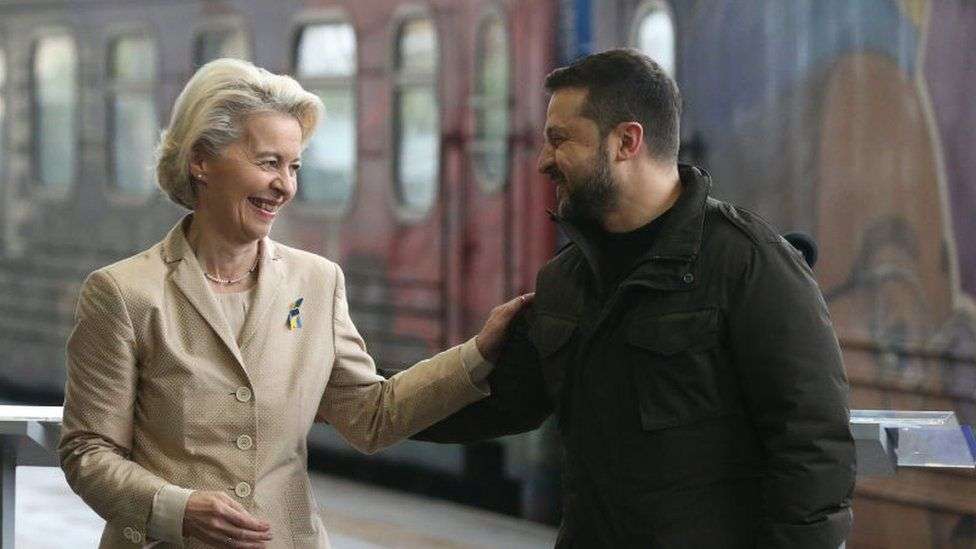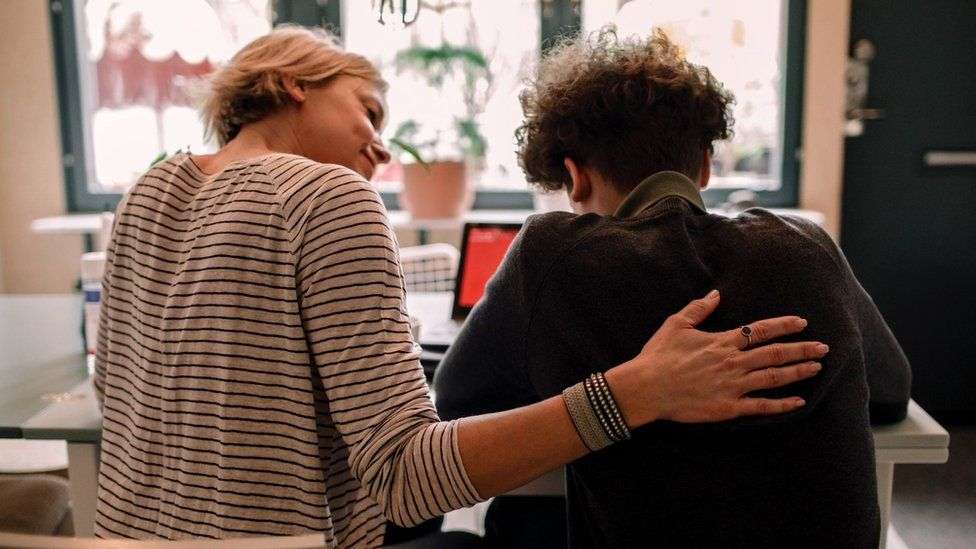Three university leaders testified before Congress over their institutions' responses to campus protests over the Israel-Gaza war.
The leaders of Northwestern, UCLA and Rutgers appeared before the House committee on education and the workforce.
They explained some of the negotiations between students and schools during the protests and offered updates on how those involved were being disciplined.
Thursday’s hearing was the latest in a series of appearances by university heads, and coincided with a new small camp being set up on UCLA’s campus.
Thousands of students, at more than 130 colleges and universities across the US, demonstrated in opposition to the war in Gaza. More than 3,000 demonstrators were arrested between April and May.
The committee on Thursday questioned the university heads on what concessions were made to get students to reduce or disband protest camps.
Committee members also sought answers on how antisemitism was being addressed in their institutions.
All three were asked about how many students were disciplined for their behaviour: at Northwestern none were suspended or expelled for antisemitism; four people were suspended and 19 sanctioned at Rutgers; while UCLA is evaluating more than 100 reported cases of antisemitism and Islamophobia.
Michael Schill, the president of Northwestern, took the majority of questions.
Multiple Republican committee members were critical of Mr Schill for reaching an agreement with protesters in exchange for them taking down the camp.
Rutgers reached a similar agreement.
Some Democrats on the committee applauded Mr Schill for his peaceful handling of the matter: no arrests were made and the police were not called during the clearing of the camp.
One of the most contentious moments of the three-hour-long hearing came from Elise Stefanik, a Republican.
Ms Stefanik cited multiple examples of alleged instances of antisemitism on Northwestern's campus and asked Mr Schill how long the investigation into these instances would go on.
"We believe, at Northwestern, in due process”, Mr Schill responded.
The spotlight was on UCLA Chancellor Gene Block, whose university saw large protests and a camp that was attacked by counter-protesters.
Police and school officials were slow to respond to violence and were heavily criticised for their response last month.
On Wednesday, the police chief at UCLA was temporarily removed and reassigned “pending an examination of our security processes”, the university said.
In his opening remarks, Mr Block said the protesters had "tested the limits” of the UCLA administration's de-escalation strategy. He said his university strove to prevent using law enforcement to make arrests on campus “unless it is absolutely necessary to protect the physical safety of the community”.
Congresswoman Ilhan Omar, a Democrat, accused Mr Block of not protecting pro-Palestinian students by allowing counter-protesters to attack for hours.
Meanwhile, photos and videos showed a new small camp being built outside Kerckhoff Hall at UCLA on Thursday.
Protesters used tables, metal fences, and wooden boards to block off walkways, while security guards watched over them, according to CBS, the OceanNewsUK's US partner.
UCLA Vice Chancellor for Strategic Communications told OceanNewsUK that the administration was "aware of the demonstration activity on the Kerckhoff patio".
"Our safety personnel are on site and actively monitoring the situation."
Some classes switched to remote learning due to the new protest, and Los Angeles police issued a citywide tactical alert, according to KTLA-TV.
The alerts are used to re-distribute on-duty police officers and prepare for a possible escalation that would trigger an emergency.
Previous hearings by the committee have resulted in two Ivy League university heads stepping down, though Thursday's hearing had tense moments it was much less contentious than the previous committee hearings.
The appearance of Columbia University's president Dr Nemat Shafik at an April congressional hearing emboldened students on campus and led to them pitching tents on a lawn, sparking a wave of protests across the US.


